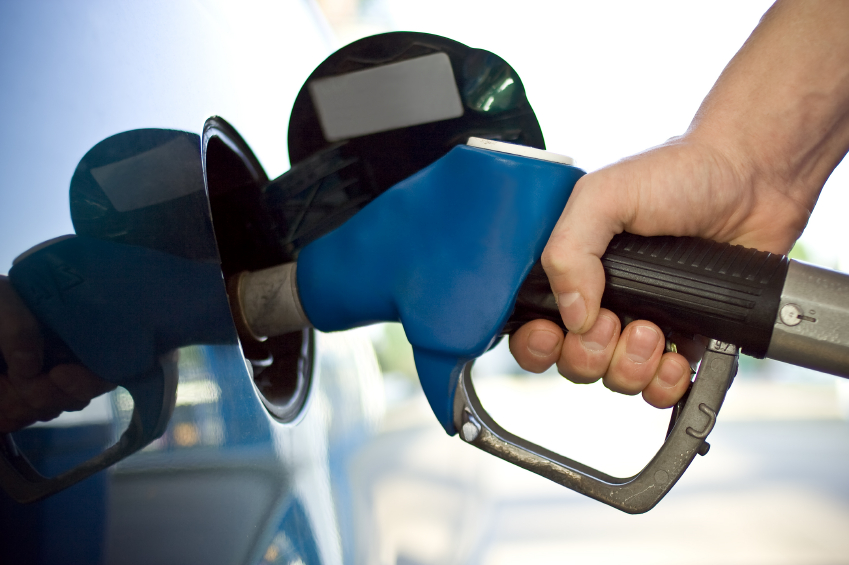The latest study on the future of transportation paints an increasingly dim picture for the oil industry, though it suggests that the industry is in no danger of collapse.
Instead, Big Oil will lose its dominance in the transportation sector over a 25-year period as electric cars and mobility solutions (ride- and car-sharing services) become more popular.
Despite oil's demand decline for transportation, the study predicts miles driven in the world's largest automotive markets—North America, Europe, China, and soon, India—will actually increase thanks to new services.
DON'T MISS: Big Oil To 'Lose Control Of Auto Industry': Energy Conference
The majority of more than 1 billion vehicles on the world's roads in 2040, according to its projections, will still likely feature an internal-combustion engine.
But cars powered solely by gasoline or diesel will see a major decline, according to the IHS Markit report published last Tuesday.
The report claimed less than 50 percent of new cars sold in 2031 will solely feature an internal-combustion engine as hybrids of all varieties increase in popularity to meet stringent emission limits.

ebee streelight charging station
In total, it calculates 62 percent of new cars sold in 2040 will still require fossil fuels for power, though that figure represents a drop from 98 percent of new cars sold in 2016.
Even with lessened demand for fossil fuel-powered cars, the study predicted total oil demand will increase from 98 million barrels per day to 115 million barrels per day by 2040 in a baseline scenario.
However, the industry's dominance in the automotive sector will ebb starting next decade, due to stricter fuel-economy regulations and laws that limit vehicular carbon-dioxide emissions.
READ THIS: Decline of oil: Bloomberg suggests what it could look like
Many of the analysts involved in the study agreed oil will remain dominant within the energy industry. Continual declines in battery costs, they, suggest, will be the trigger to help loosen Big Oil's grip on the global vehicle market.
Like other studies, IHS Markit predicted battery-electric cars will reach cost parity with combustion-engine vehicles sometime during the 2030s—if not sooner.
Battery-electric cars will also increase their overall share of the market significantly by 2040.

Gas pump
Just 1 percent of new-car sales were battery-electric in 2016, IHS Markit noted.
Its study predicted 30 percent of new-car sales will be purely electric less than 25 years from now.
With those greater sales figures, the study also looked at another industry: electric utility companies.
CHECK OUT: The oil industry doesn't care about electric cars: here's why
While growth in electricity use has slowed in recent years, the study says demand will increase by 2040 as more electric cars plug into the grid.
The major takeaway? The automobiles sold in the year 2040 may still have more combustion engines than many electric-car advocates believe, if the study's predictions hold true.
EDITOR'S NOTE: Green Car Reports thanks our tipster, who prefers to remain an International Man of Mystery.
_______________________________________












